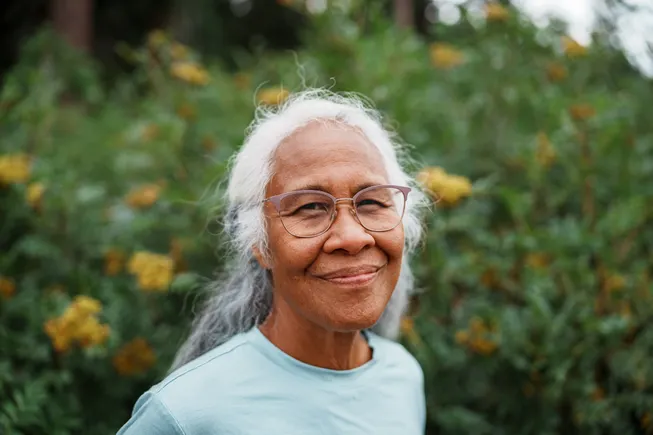Hrdive
4d
190

Image Credit: Hrdive
What can HR learn from AAPI worker data?
- A study by think tank Coqual revealed that a significant percentage of Southeast Asians, East Asians, and South Asians in the U.S. experience racism at work.
- The research, conducted post-lockdown, highlighted the impact of anti-Asian sentiment rooted in COVID-19 conspiracy theories.
- Results indicated a decline in mental and physical health among Asian and Pacific Islander workers due to fear and discriminatory acts.
- As per Emilia Yu, the political environment did not shift significantly to address safety concerns for AAPI workers.
- AAPI workers faced unique forms of racism such as the 'perpetual foreigner' stereotype and 'overvalidation' tied to the model minority myth.
- Internal pressures within the AAPI community limit speaking out and standing out at work.
- The report underscores the distinct identities of Pacific Islanders and the need to acknowledge their separate histories and ERGs.
- Coqual recommends auditing DEI programs, fostering solidarity, and addressing anti-Asian violence in the workplace.
- Employers are advised to educate about anti-Asian racism, invest in AAPI programming, and respond to incidents of violence.
- Data disaggregation is crucial to recognize the diverse backgrounds and experiences within the AAPI community.
Read Full Article
11 Likes
For uninterrupted reading, download the app